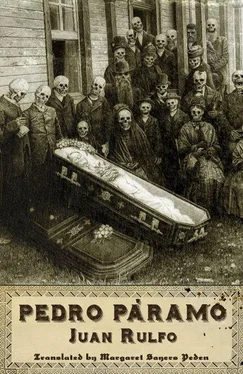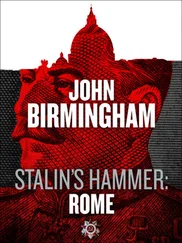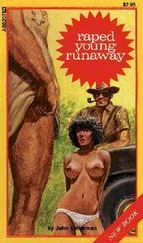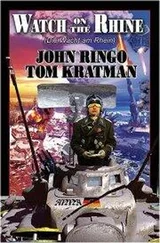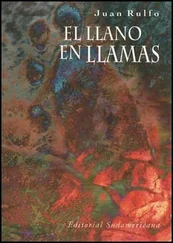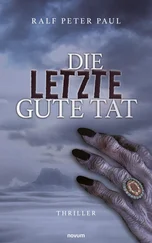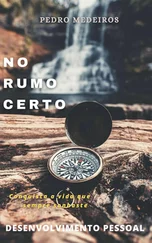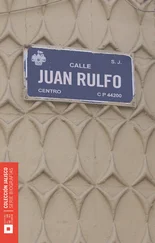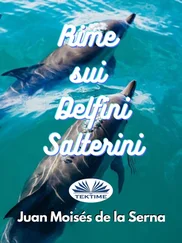Besides, you should be doing something. Why don’t you go help your grandmother shell corn?”
“I’m going, mama. I’m going.”
Grandmother, I’ve come to help you shell corn.”
“We’re through with that, but we still have to grind the chocolate. Where have you been?
We were looking for you all during the storm.”
“I was in the back patio.”
“And what were you doing? Praying?”
“No, Grandmother. I was just watching it rain.” His grandmother looked at him with those yellow-gray eyes that seemed to see right through a person. “Run clean the mill, then.”
Hundreds of meters above the clouds, far, far above everything, you are hiding, Susana.
Hiding in God’s immensity, behind His Divine Providence where I cannot touch you or see you, and where my words cannot reach you.
“Grandmother, the mill’s no good. The grinder’s broken.”
“That Micaela must have run corn through it. I can’t break her of that habit, but it’s too late now.”
“Why don’t we buy a new one? This one’s so old it isn’t any good anyway.”
“That’s the Lord’s truth. But with all the money we spent to bury your grandfather, and the tithes we’ve paid to the church, we don’t have anything left. Oh, well, we’ll do without something else and buy a new one. Why don’t you run see dona Ines Villalpando and ask her to carry us on her books until October. We’ll pay her at harvest time.”
“All right, Grandmother.”
“And while you’re at it, to kill two birds with one stone, ask her to lend us a sifter and some clippers. The way those weeds are growing, well soon have them coming out our ears. If I had my big house with all my stock pens, I wouldn’t be complaining. But your grandfather took care of that when he moved here. Well, it must be God’s will. Things seldom work out the way you want. Tell dona Ines that after harvest time we’ll pay her everything we owe her.”
“Yes, Grandmother.”
Hummingbirds. It was the season. He heard the whirring of their wings in blossom-heavy jasmine.
He stopped by the shelf where the picture of the Sacred Heart stood, and found twenty-four centavos. He left the four single coins and took the veinte.
As he was leaving, his mother stopped him:
“Where are you going?”
“Down to dona Ines Villalpando’s, to buy a new mill. Ours broke.”
“Ask her to give you a meter of black taffeta, like this,” and she handed him a piece.
“And to put it on our account.”
“All right, mama.”
“And on the way back, buy me some aspirin. You’ll find some money in the flowerpot in the hall.”
He found a peso. He left the veinte and took the larger coin. “Now I have enough money for anything that comes along,” he thought.
“Pedro!” people called to him. “Hey, Pedro!”
But he did not hear. He was far, far away.
During the night it began to rain again. For a long time, he lay listening to the gurgling of the water; then he must have slept, because when he awoke, he heard only a quiet drizzle. The windowpanes were misted over and raindrops were threading down like tears.
…I watched the trickles glinting in the lightning flashes, and every breath I breathed, I sighed. And every thought I thought was of you, Susana.
The rain turned to wind. He heard “…the forgiveness of sins and the resurrection of the flesh. Amen.” That was deeper in the house, where women were telling the last of their beads. They got up from their prayers, they penned up the chickens, they bolted the door, they turned out the light.
Now there was only the light of night, and rain hissing like the murmur of crickets.
“Why didn’t you come say your Rosary? We were making a novena for your grandfather.”
His mother was standing in the doorway, candle in hand. Her long, crooked shadow stretched toward the ceiling. The roof beams repeated it, in fragments.
“I feel sad,” he said.
Then she turned away. She snuffed out the candle. As she closed the door, her sobs began; he could hear them for a long time, mixed with the sound of the rain.
The church clock tolled the hours, hour after hour, hour after hour, as if time had been telescoped.
Oh, yes. I was nearly your mother. She never told you anything about it?”
“No. She only told me good things. I heard about you from the man with the train of burros. The man who led me here, the one named Abundio.”
“He’s a good man, Abundio. So, he still remembers me? I used to give him a little something for every traveler he sent to my house. It was a good deal for both of us. Now, sad to say, times have changed, and since the town has fallen on bad times, no one brings us any news. So he told you to come see me?”
“Yes, he said to look for you.”
“I’m grateful to him for that. He was a good man, one you could trust. It was him that brought the mail, and he kept right on even after he went deaf. I remember the black day it happened. Everyone felt bad about it, because we all liked him. He brought letters to us and took ours away. He always told us how things were going on the other side of the world, and doubtless he told them how we were making out. He was a big talker. Well, not afterward.
He stopped talking then. He said there wasn’t much point in saying things he couldn’t hear, things that evaporated in the air, things he couldn’t get the taste of. It all happened when one of those big rockets we use to scare away water snakes went off too close to his head.
From that day on, he never spoke, though he wasn’t struck dumb. But one thing I tell you, it didn’t make him any less a good person.”
“The man I’m talking about heard fine.”
“Then it can’t have been him. Besides, Abundio died. I’m sure he’s dead. So you see? It couldn’t have been him.”
“I guess you’re right.”
“Well, getting back to your mother. As I was telling you… ”
As I listened to her drone on, I studied the woman before me. I thought she must have gone through some bad times. Her face was transparent, as if the blood had drained from it, and her hands were all shriveled, nothing but wrinkled claws. Her eyes were sunk out of sight. She was wearing an old-fashioned white dress with rows of ruffles, and around her neck, strung on a cord, she wore a medal of the Maria Santisima del Refugio with the words “Refuge of Sinners.”
“…This man I’m telling you about broke horses over at the Media Luna ranch; he said his name was Inocencio Osorio. Everyone knew him, though, by his nickname ‘Cockleburr’; he could stick to a horse like a burr to a blanket. My compadre Pedro used to say that the man was born to break colts. The fact is, though, that he had another calling: conjuring. He conjured up dreams. That was who he really was. And he put it over on your mother, like he did so many others. Including me. Once when I was feeling bad, he showed up and said, ‘I’ve come to give you a treatment so’s you’ll feel better.’ And what that meant was he would start out kneading and rubbing you: first your fingertips, then he’d stroke your hands, then your arms. First thing you knew he’d be working on your legs, rubbing hard, and soon you’d be feeling warm all over. And all the time he was rubbing and stroking he’d be telling you your fortune. He would fall into a trance and roll his eyes and conjure and curse, with spittle flying everywhere — you’d of thought he was a gypsy.
Sometimes he would end up stark naked; he said we wanted it that way. And sometimes what he said came true. He shot at so many targets that once in a while he was bound to hit one.
“So what happened was that when your mother went to see this Osorio, he told her that she shouldn’t lie with a man that night because the moon was wrong.
Читать дальше
